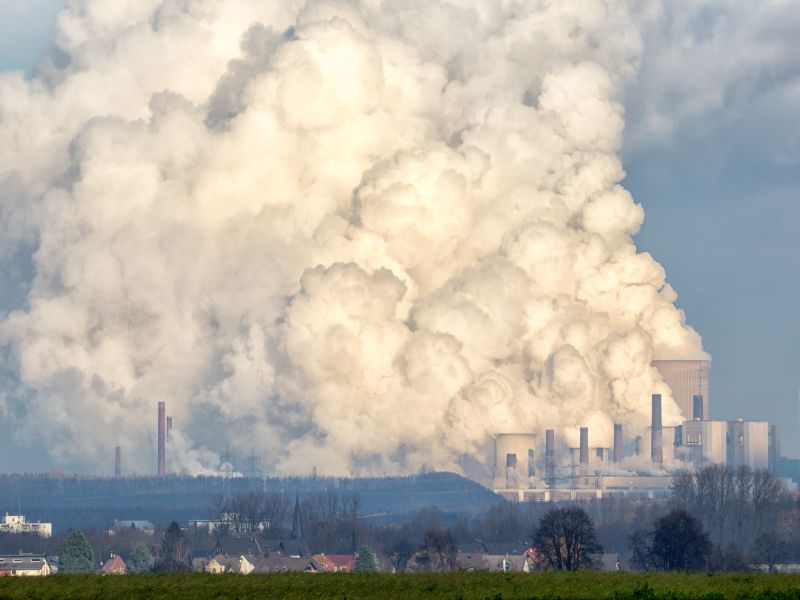IBCCES is the global leader in training and certification for healthcare professionals, educators and corporate partners who work with individuals with autism and other cognitive disorders. Our reach extends to more than 2 million people in all 50 states and over 70 countries around the globe. IBCCES Member Learning Community is provided as a free service to all IBCCES members who have completed one or more of our training and certification programs.
Greenhouse Gases Bad for Your Brain
 This post was originally published on this site
This post was originally published on this siteLatest Neurology News

THURSDAY, April 23, 2020 (HealthDay News) — Rising levels of greenhouse gases may do more than drive climate change, they may eventually impair your thinking, researchers warn.
Carbon dioxide (CO2) levels tend to be higher indoors than outdoors. As CO2 concentrations increase in the atmosphere, there will be higher levels of the gas indoors, possibly triggering significant declines in people’s decision-making skills and strategic thinking, the authors of the new study explained.
By the end of the century, people could be exposed to indoor CO2 levels up to 1,400 parts per million, which is more than three times today’s outdoor levels and well above what humans have ever experienced, the researchers noted.
“It’s amazing how high CO2 levels get in enclosed spaces,” said lead author Kris Karnauskas, an associate professor at the University of Colorado at Boulder.
“It affects everybody — from little kids packed into classrooms to scientists, business people and decision makers to regular folks in their houses and apartments,” Karnauskas said in a university news release.
According to study co-author Shelly Miller, a professor in the university’s School of Engineering, “Building ventilation typically modulates CO2 levels in buildings, but there are situations when there are too many people and not enough fresh air to dilute the CO2.”
CO2 levels also rise in poorly ventilated spaces over longer periods of time, such as overnight while sleeping in bedrooms, she said.
And that’s where the danger to your brain begins.
Exposure to high CO2 levels in the air causes CO2 levels in your blood to rise, reducing the amount of oxygen that reaches your brain. This can increase sleepiness and anxiety, and impair thinking, the researchers explained.
Many people have had the experience of spending too long in a stuffy indoor location and starting to feel drowsy or dull, the authors noted.
There may be ways to adapt to higher indoor CO2 levels, but the best way to prevent them from reaching harmful levels is to reduce fossil fuel emissions, the team reported in the paper published online April 20 in the journal GeoHealth.
— Robert Preidt

Copyright © 2020 HealthDay. All rights reserved.
QUESTION
The abbreviated term ADHD denotes the condition commonly known as: See Answer
References
SOURCE: University of Colorado at Boulder, news release, April 20, 2020
